"I love him so much it's hopeless"
My senior reporter described Yojiro TAKAHAGI's play that way.
Even with such a fickle personality, their play never fails to captivate people.
Why? It might be because his way of life itself is embodied in his play.
An endless chase with no correct answer.
Enjoyed it more than anyone else.
Falling in love with soccer at some point, making someone fall in love.
Yojiro TAKAHAGI is right in the middle of that loop, now and from now on.
Impatient Rationalist
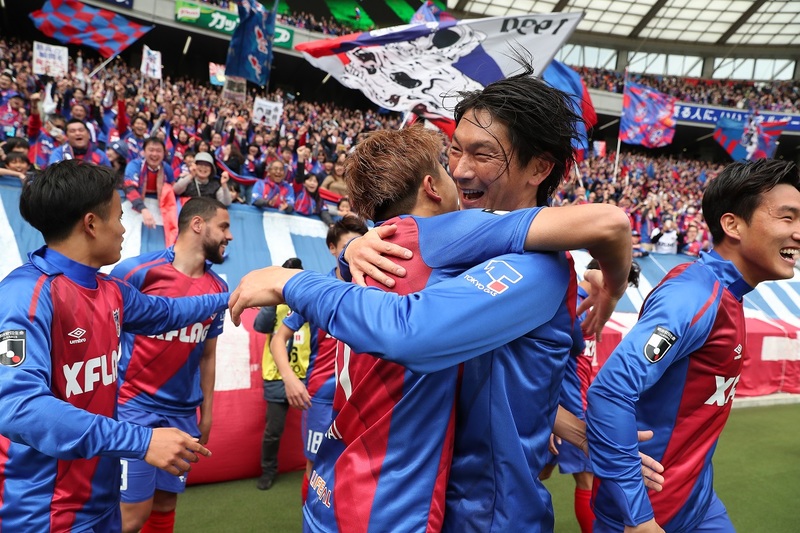
This was a kind of challenge.
"It would be interesting if we could convey the way of life of Yojiro TAKAHAGI"
We finished the interview on that theme and felt a sense of accomplishment. However, putting it into words is difficult. While lost in thought, the photographer snapped the shutter and made a lighthearted remark.
"I wanted to be born with a face like Yojiro's."
Certainly, he looks charming and handsome. But more than that, Yojiro has an irresistible charm that draws people in. How to express that is an incredibly difficult challenge, even more so than any mystery. He possesses such a mysterious allure.
Where people take a breath, there is space and some waste is necessary, but he says he "dislikes waste." Maybe that's why he usually acts ahead of others. When asked "Why?", he replies, "Isn't it because I'm impatient?" and continues like this.
"I read ahead because I don't want to waste time thinking it will end if I do it this way. Since I'm the one doing it, I don't want to deal with troublesome things."
It is a truly rational and logical way of thinking. He is good at drawing the shortest route and planning the path. The preparation for events hosted by the players' association has become much smoother since he took charge. However, because he can do everything, he also tends to get bored easily. "Surfing, snowboarding, golf, scuba diving... I've tried everything," he lists the challenges he has taken on one by one.
"I got a full set of golf equipment and even obtained all the licenses for scuba diving. But I quickly got bored and stopped doing them. Since it's just for fun, it's fine as long as I can do it to some extent. So, I just decided to be done with it."
Even with such a nature, I have continued to focus solely on soccer.
"In soccer, that doesn't work well. There is no correct answer, or rather, most of the time you don't get it right. That's probably why it's the only thing I haven't gotten tired of."
I see, if you add 'for soccer' to the phrase 'I don't want to waste time,' it makes perfect sense. The rolling ball may have captivated him that much.
Endless Chase
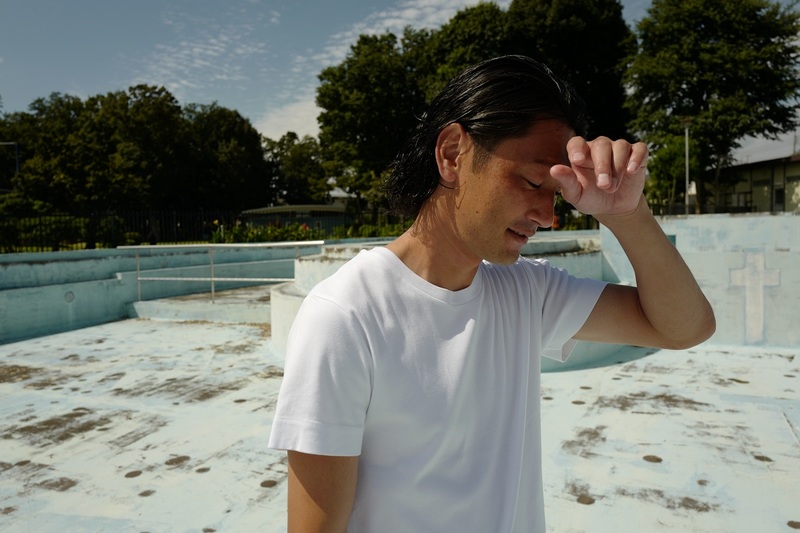
"Where did you find the most enjoyment in soccer?"
When asked that, they tilt their head and say, "Why is soccer fun?" Crossing their arms, they say, "It's been fun all along, so I don't really know." They groan, "I like it, but I don't particularly enjoy watching soccer, and if I think of it as work, I find it boring." After pondering various thoughts, this was the answer they arrived at.
"Isn't it because you can keep growing like a child forever? I'm always not good enough, always wanting to do this or become that. There are always things I wish I had done differently, so I never get bored. On the contrary, if I became perfect, I wouldn't be playing soccer. I think I would quit if I became perfect. But since perfection doesn't exist, I can keep playing forever."
That eternal chase began in Iwaki City, Fukushima Prefecture, where he was born and raised, and he has been kicking the ball almost every day. In the 5th grade of elementary school, he started attending the J-Village Soccer School once a week, which was an hour's drive from home, "for the sake of soccer." Blessed with good coaches, he rapidly grew both mentally and technically, eventually being selected for the U-15 Japan national team.
"In the U-15 Japan national team, I was almost the only player from the junior high school sports federation. I was always worse than everyone else, so I just desperately tried to keep up. Especially, I hated the technical drills before the warm-up. I thought I could show my strengths during the game, so I always wished for the game to start quickly. There were plenty of people better than me, but I preferred actual matches. Why? Because you can bluff your way through."
He still says he is "bad at soccer." Even so, the fact that he is suited for actual matches is hidden before each and every play. That has not changed even now.
"If anything, I'm the type who wants to live efficiently in everyday life, so I really don't want to run around unnecessarily. If I don't have to run, I'd rather not run. That's just how I think. I want to create a single path or a flow line. I don't want to backtrack there, if possible. I don't want to waste time and want to take it easy."
That is why it is said, "Everything is preparation." To complete a single pass, eliminate waste. Secure your field of vision, adjust your body orientation, and pay close attention to where you place the ball. Beforehand, understand the characteristics of the receiving player as well, and "whether in practice or matches, be conscious of your teammate's right foot, left foot, space, foot placement, and pass speed." Such background is densely packed into his play. It might be said that his way of life itself is embodied in it.
The Day I Changed My Way of Life
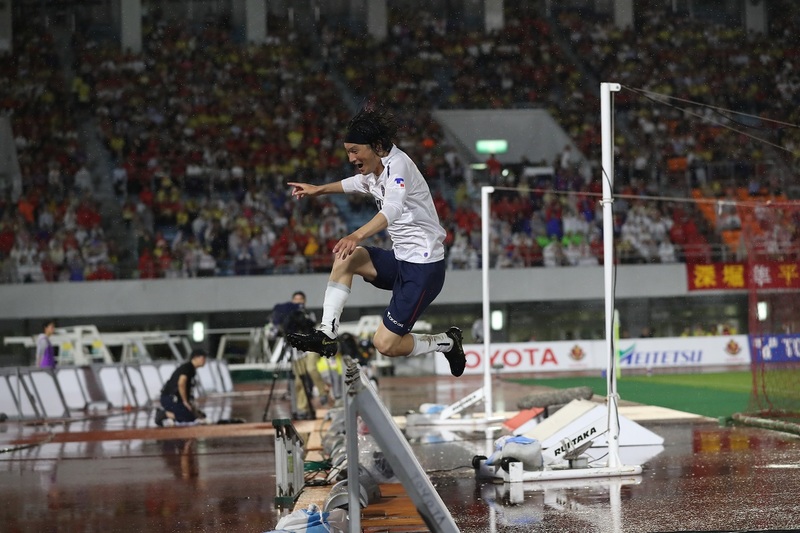
Then, upon graduating from junior high school, he decided to leave his parents and cross over to the Sanfrecce Hiroshima Youth team. He passed the tryout, but also thought, "Maybe I should just enjoy playing soccer locally." When he shared this feeling with his parents, they encouraged him by saying, "If you feel that way about soccer, it's better to go to Hiroshima."
"I think I wanted to be told to go. If I hadn't been told that at that moment, I wouldn't have become a soccer player."
The new environment I entered in 2002 was full of surprises. I kept wondering, "Why are they so skilled? So fast? So strong?" Question marks floated above my head as I felt I could never keep up with my teammates.
"The education was already different. Things like actively going for the ball, communicating. The way we were raised—one like a weed, the other carefully nurtured with water and nutrients. That was the difference. There was that much of a gap in level. I thought it was impossible because the level was just too different. Even so, I just desperately kept up. Whether in the national team or youth team, how could I catch up? How could I play this kind of football? Even after turning professional, it was the same. When transferring to a new team, I just wondered what to do. I just became desperate. Every time the environment changed, I always felt a sense of crisis."
Through such realizations and learning, Takahagi draws an upward growth curve. His high sensitivity, which allows him to blend into any environment, might be his greatest strength.
"It was the same when I joined the J-Village school, when I joined Hiroshima's youth team, and when I joined the national team and turned professional. At those moments, my growth cycle was in motion."
This was also because he eliminated waste and left space 'for soccer.' This minimalist approach allowed him to quickly adapt to new environments. In 2003, at 16 years, 8 months, and 3 days old, he set the record as the youngest player to appear in the J.League. After turning professional, a loan transfer to Ehime FC in 2006 became a turning point, and he blossomed as an indispensable regular player at Hiroshima. In 2010, he gained attention by winning the New Hero Award in the J.League Yamazaki Nabisco Cup, becoming a notable figure.
However, the day Yojiro, who always looked a little ahead, truly "changed" in the real sense was that day. From that day onward, a new perspective was added to his way of life. For the man who had been continuously improving himself, what was added was the feeling of "for someone else." This gave depth and weight to the previously self-centered way of Yojiro TAKAHAGI's life, shaping the attractive figure he is today.
March 11, 2011――.
Highly sensitive, he will never forget what happened that day for the rest of his life.
(Continued in the second part)
*Nov 6 (Wed) Part 2 has been released.
◇Yojiro TAKAHAGI Profile
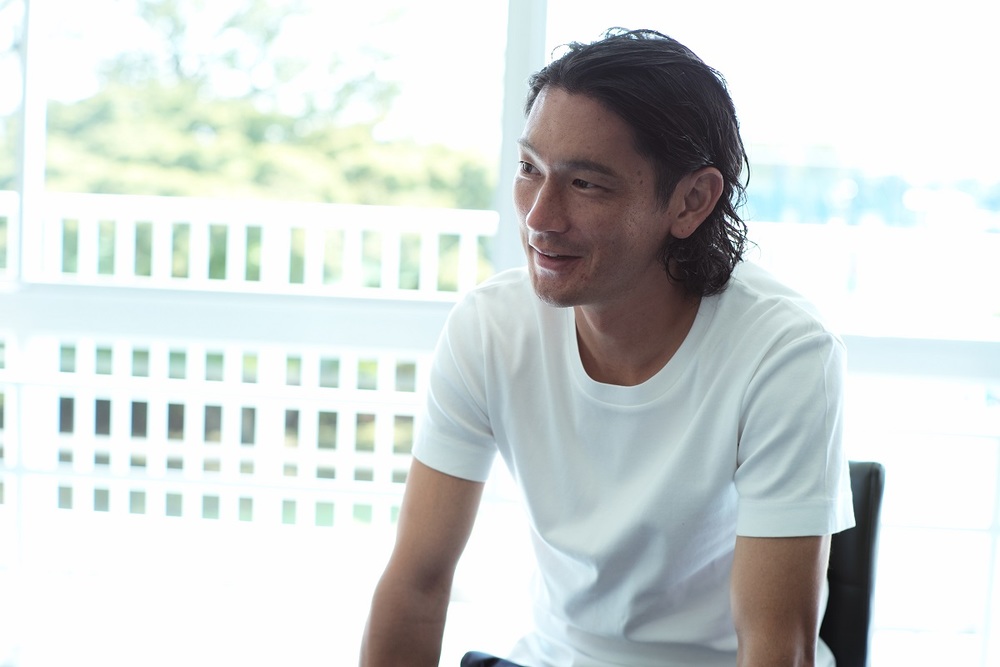
text by Kohei Baba
photo by Kenichi Arai, Masahito Sasaki
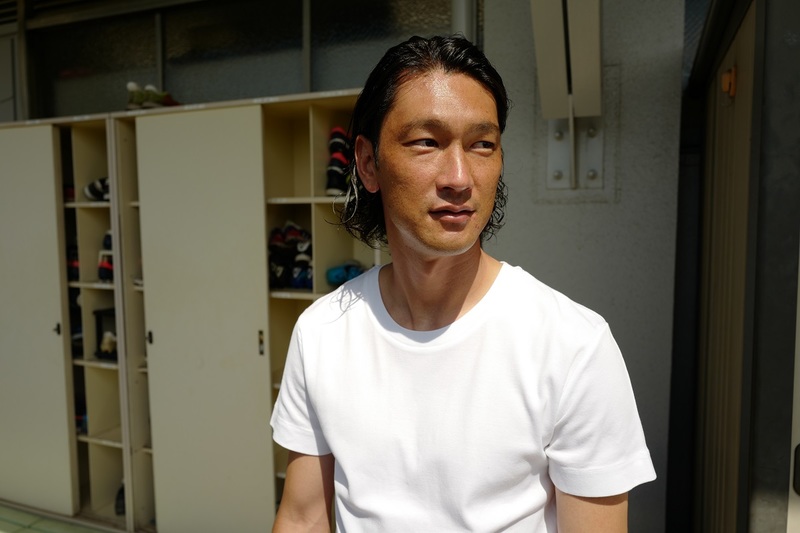



![[Back Number] FC Tokyo NEWS Vol.167 Interview / Keigo HIGASHI](/en/upload/Tokyoism/images/img_16_5dce5316-47e0-4e07-9777-72280a00010a.jpg)


